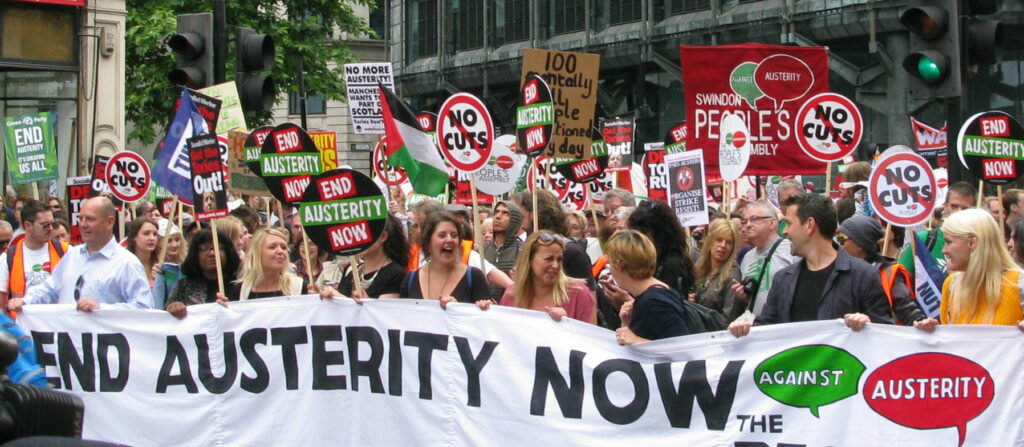
In a recent study, I found that, contra to expectations, women’s capacities to organize in the public sector of Misr Weaving and Spinning Company of Mahalla (an industrial city north of Cairo) were enhanced much more in the strike wave of the 2000s than the previous wave of strikes in 1980s. Women workers initiated the strikes, mobilized other workers to join, and took leadership positions. This happened in spite of the fact that the company had become more gender-segregated and the factory regime remained very despotic. By the 2000s, all 5000 women in the company (out of the total of 24,000) were segregated in clothing departments. How did women workers in despotic and segregated departments play leading roles in the strikes?
I show that changes in the textile industry and the reorganization of work gave women structural power that they utilized by developing working-class consciousness to fight for their rights as workers. As the exports of clothing grew from the 1990s and as women were segregated in those departments, they were empowered because they understood the importance of their departments to the company. These changes led to solidarities that cut across gender lines.
Continue Reading…


